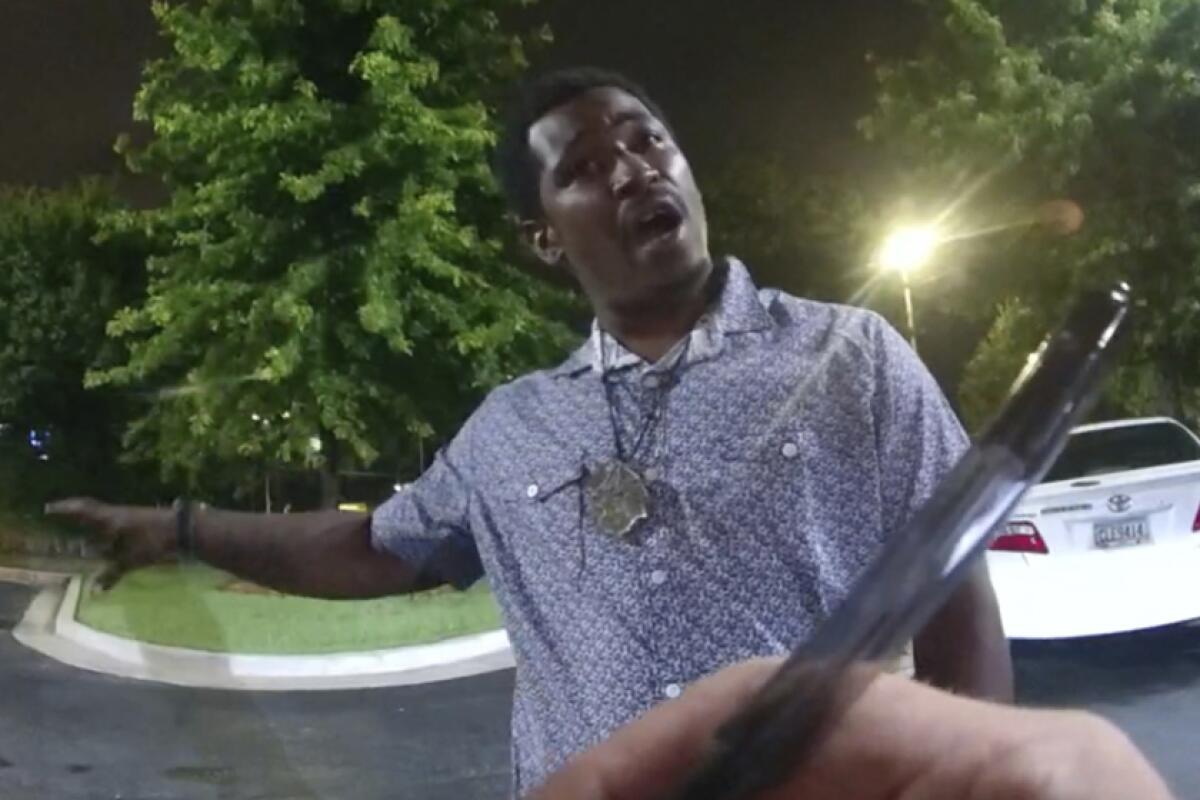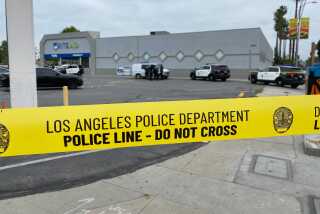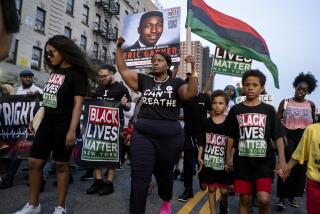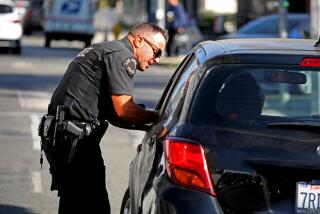Editorial: Atlanta police killed a Black man for being drunk at Wendy’s

The fatal and thoroughly needless police shooting of Rayshard Brooks late Friday in a Wendy’s parking in Atlanta makes it harder to counter the growing “Defund the Police” movement, which argues not for reform but for largely replacing armed law enforcement.
In fact, we will continue to need police, and because of that we have to keep demanding better police hiring, training, tactics, standards and measures of accountability. Improvements in policing and in the laws that govern police have produced a more professional and more responsible law enforcement and officers who commit fewer acts of excessive force, despite a rough average of 1,000 killings by police each year in the U.S. But the defunders make a compelling point. How many people like Brooks or George Floyd or Breonna Taylor or Ezell Ford must die while we await sufficient improvements in police behavior?
Brooks was a 27-year-old Black father of four who fell asleep in his car at a Wendy’s drive-through. Officers arrived and asked him to move to a parking space, which he did. Perhaps that could have been the end of it, although it appeared that Brooks was intoxicated. Letting him sleep it off in his parked car might have been fine, but letting him drive home would not — and the officers could not know if he would attempt to drive home once they left. Could they have offered to call his family? Could they have offered to drive him home themselves? Police might well argue that that’s not their job. Police critics might well agree.
So they did the traditional police job — they administered a sobriety check, which Brooks failed, and they attempted to handcuff him. Authorities say he resisted, took an officer’s Taser and began to run, and one of the officers shot him in the back.
It was Friday, the day before his eldest daughter’s 8th birthday. Her cousin described her wearing her birthday dress on Saturday, waiting for her father to take her skating.
The same paranoia that leads a police officer to assume he’s been poisoned by a milkshake can lead him to shoot first and ask questions later.
First, do no harm. That ancient ethical principle for physicians ought to apply equally to police, whom citizens employ not to rule over them but to protect them. As a society, we have a duty to resolve noncriminal problems without escalating them. Being drunk and asleep in a drive-through lane is not a capital offense.
A broad reimagining of public safety might mean dispatching somebody other than an armed, uniformed police officer when a man asleep in his car is holding up fast-food orders. Might it be some health or community service official who would have no problem calling the man’s family or driving him home, and then following up the next day to check on his condition? Perhaps on Saturday such a person would have been invited in for a joyous party and a slice of birthday cake. If he was driving while intoxicated — and remember, the only time Brooks was arguably seen driving drunk was when he followed police instructions to move his car — there would still be room for follow-up remedial action, including prosecution if appropriate.
The defund movement argues that no police officer could perform such a task, because anyone with a weapon and the state-sanctioned power over others that it represents will eventually use it. Police are sometimes needed to keep the peace, and not just to respond to crime, but it’s fair to ask why police involvement so often means that someone’s going to jail — or someone’s going to die — when a different outcome was possible. It’s fair to ask why police budgets in Los Angeles and many other cities have increased as crime has declined.
The defund movement claims that reform has been tried and has failed, but in fact in most jurisdictions reform — those changes in law and procedure that aim to change police behavior — has not gone much further than the talk stage. Leaders who in the past have been sluggish on reform should finally adopt higher standards of police conduct. Such action is not at all at odds with developing alternatives to incarceration, prosecution — and policing.
More to Read
A cure for the common opinion
Get thought-provoking perspectives with our weekly newsletter.
You may occasionally receive promotional content from the Los Angeles Times.










